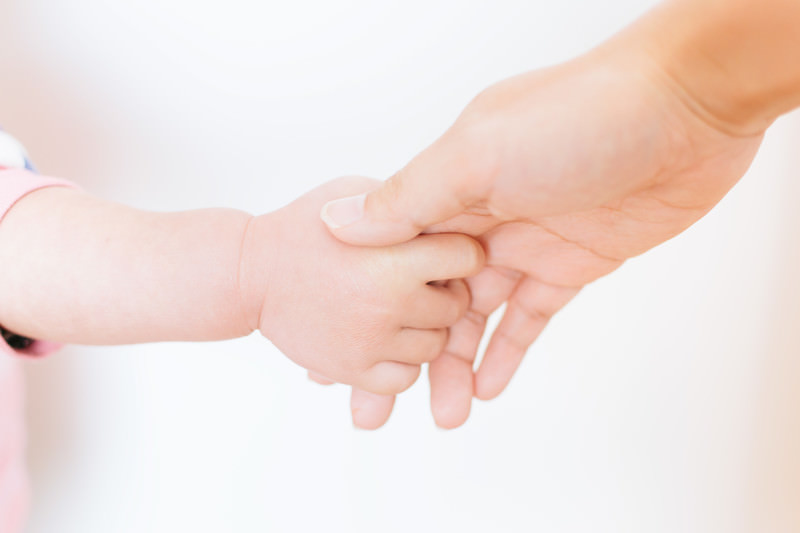The most reliable way to confirm whether a child is yours or not is to carry out a DNA paternity test.This test is very accurate and can clearly resolve medical questions.The basic process of DNA paternity testing is explained below:
DNA paternity test procedure.
- Sampling:.
- A DNA sample is taken from the subject (usually the child, the suspected father and, if possible, the mother).The most common method of collection is using a cheek swab, which is collected non-invasively from the oral cavity.
- DNA analysis.
- The sample is sent to a specialized laboratory where the DNA is extracted and analysed for specific genetic markers. Genetic information that would otherwise be shared between parents and children is compared to scientifically determine whether a parent-child relationship exists.
- Getting results:.
- After the analysis, the results are provided in a report.The report gives the probability of the existence of a parent-child relationship as a percentage, usually 99.99% or more, and if the father is identified, the person is determined to be the biological father.
legal procedure
- Legally admissible paternity tests:.
- Where there is a need to prove a parent-child relationship in relation to a legal matter, a legally valid paternity test must be carried out in accordance with specific protocols.This includes procedures to maintain a chain of custody, which demonstrates that the sample has been properly handled throughout the entire testing process.
Non-legal procedure
- Personal paternity assessment kits:.
- If legal proof is not required, tests can be easily carried out at home using commercially available personal paternity kits.This method is private and easy, but cannot be used as legal proof.
As paternity assessments involve emotional issues, it is important that there is adequate communication between family members before the test is conducted. Professional counselling can also be helpful for emotional support.
Latest Articles
Supervisor of the article

Dr. Hiroshi Oka
Graduated from Keio University, Faculty of Medicine
Doctor of Medicine
Medical Doctor









